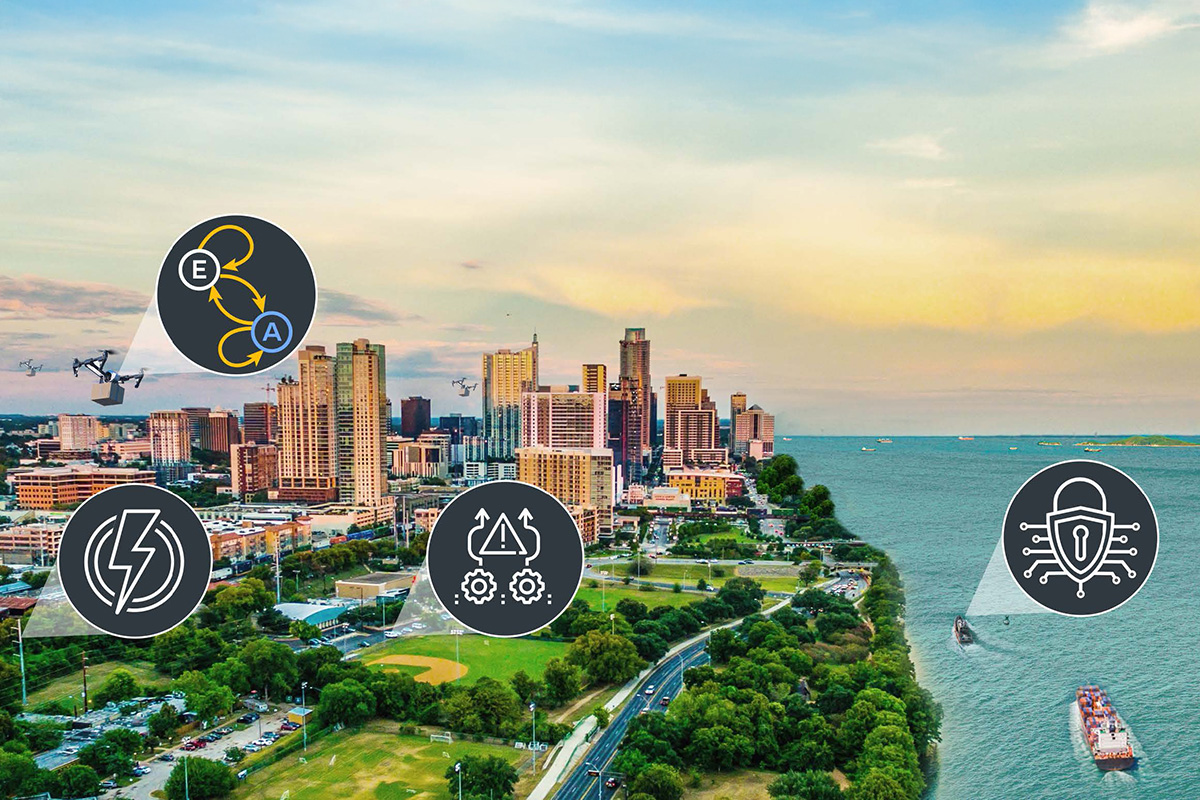
Critical Infrastructure Protection
Protecting U.S. Infrastructure From Persistent Threats
Computer, system, and security engineers at APL are creating game-changing capabilities that enable U.S. infrastructure to be robust in the face of complex and persistent threats. We develop novel methods to protect cyber-physical and industrial control systems in the national infrastructure and military, hardening them against malicious and naturally occurring activity. Our researchers also work to protect the national airspace, developing and evaluating systems ranging from high-altitude, internationally mandated collision avoidance systems to low-altitude traffic management and counter-drone solutions.
Expertise in Action
Featured Work

ACAS X: Airborne Collision Avoidance for the 21st Century

BAS/CS™: Behavioral Alerting Sets for Control Systems
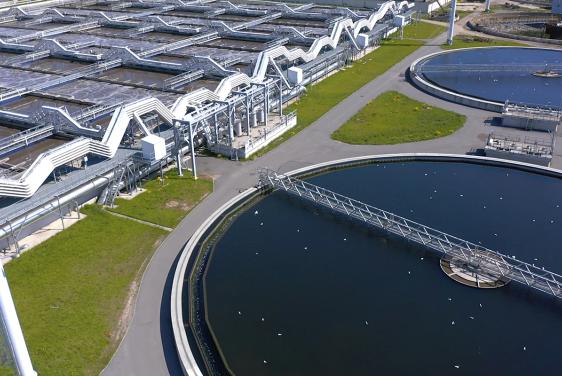
MOSAICS: Cyber Defense for Industrial Control Systems
Related Labs and Facilities
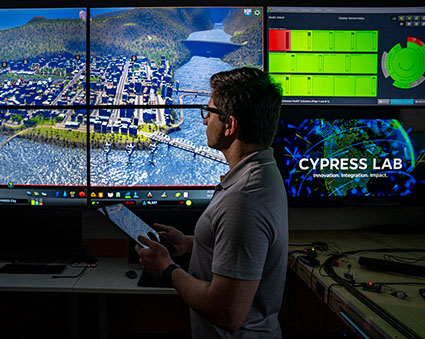
CYPRESS Laboratory
CYPRESS (Cyber-Physical Resilient Systems Solutions) Laboratory is a premier facility where our nation’s most critical industrial control systems are evaluated, tested, and reimagined to survive any type of attack or failure. CYPRESS features a collection of reconfigurable, high-fidelity testbeds spanning a diverse set of critical infrastructure sectors including wastewater treatment, transportation, and power systems.
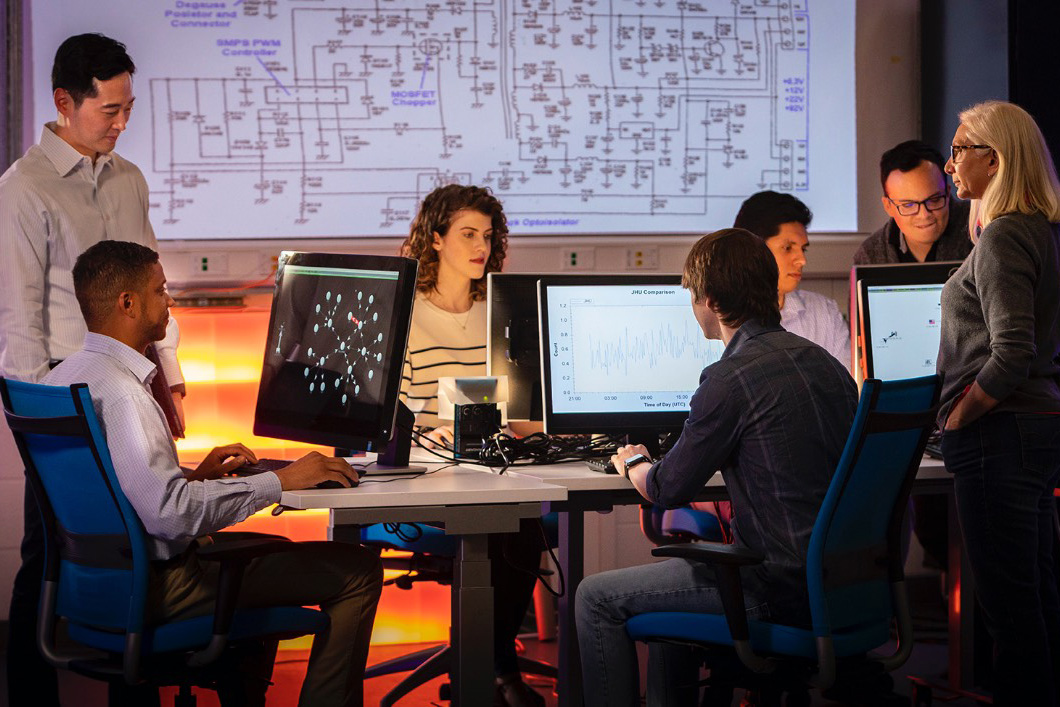
Let’s Solve the Nation’s Challenges Together
APL meets critical national challenges through the innovative application of science and technology. Connect with us to learn more about our work.
Related News
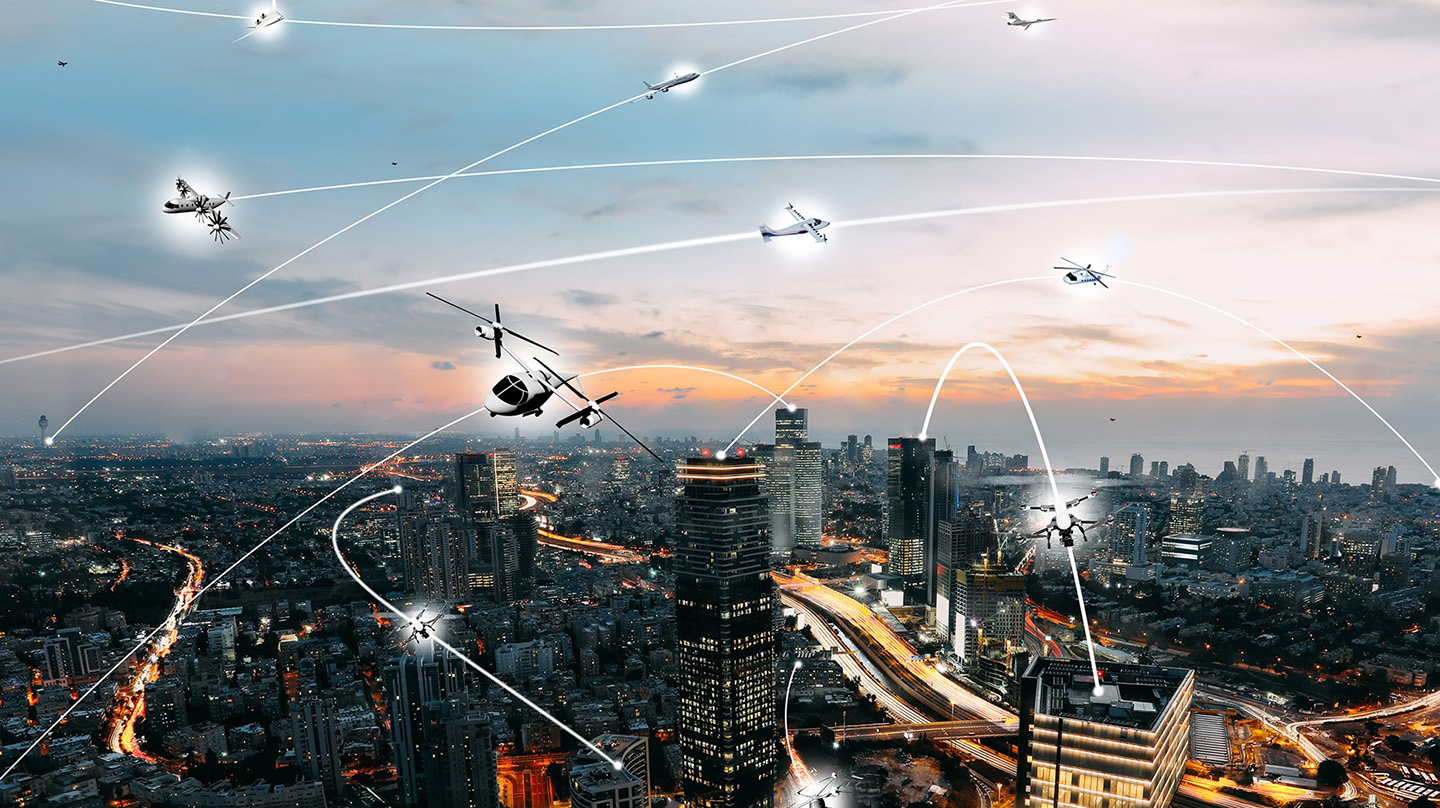
Johns Hopkins APL Research Helps Shape Landmark Federal Expansion of Unmanned Aircraft Operations Feb 10, 2026

Standardizing Cyber Analytics to Secure Critical Infrastructure Oct 7, 2025
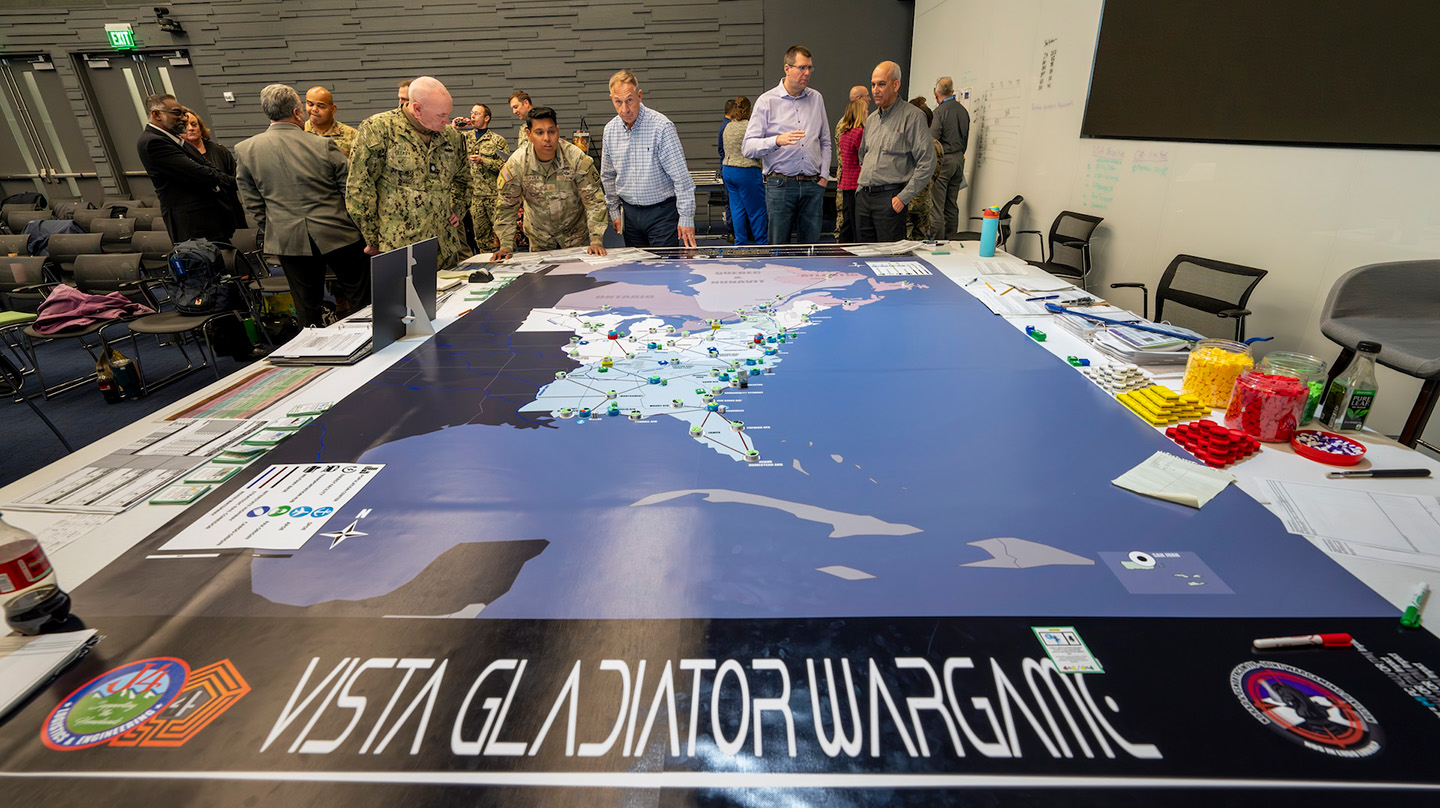
Johns Hopkins APL Team Applies Expertise to Homeland Defense Wargame Apr 7, 2025
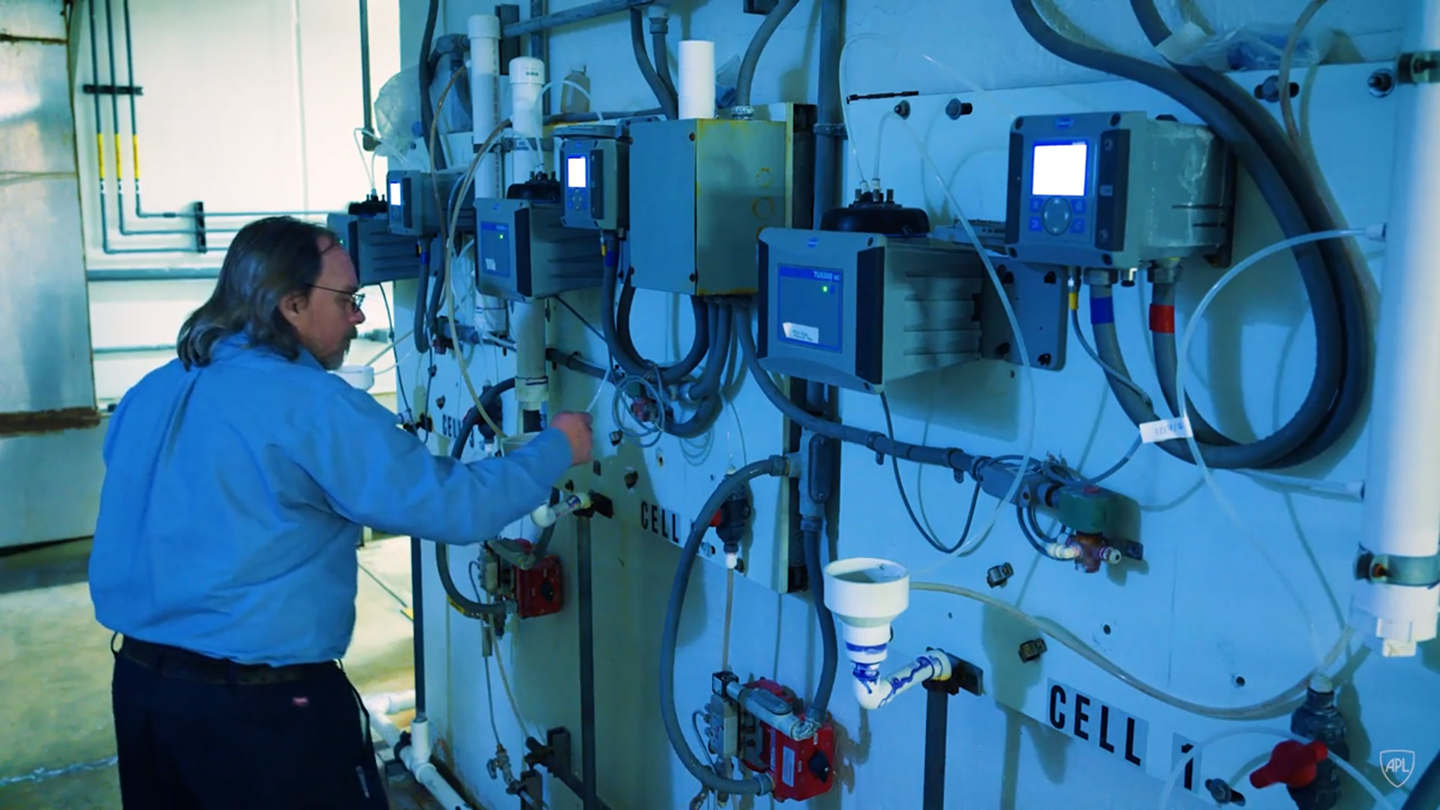
Developing Cybersecurity Solutions for Industrial Infrastructures Apr 19, 2023
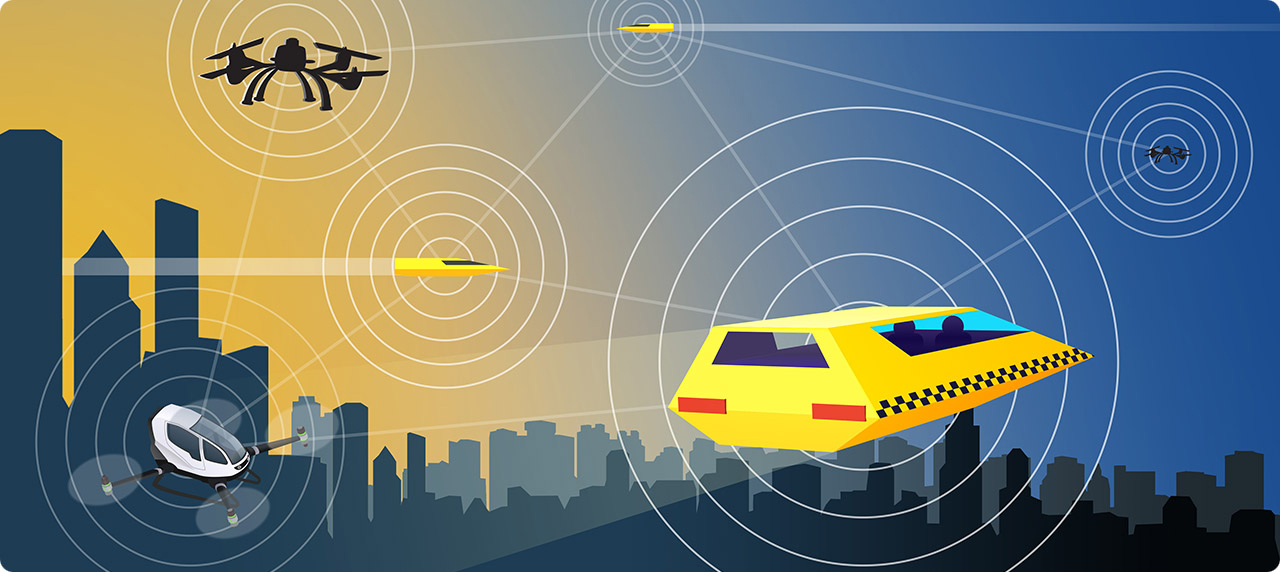
The Future of Uncrewed Aerial Systems Depends on Public Trust Feb 22, 2023

Creating a New Cybersecurity Paradigm for a Cloud-Based World Jan 10, 2023

Johns Hopkins APL Researchers Earn 2022 R&D 100 Awards Aug 26, 2022
